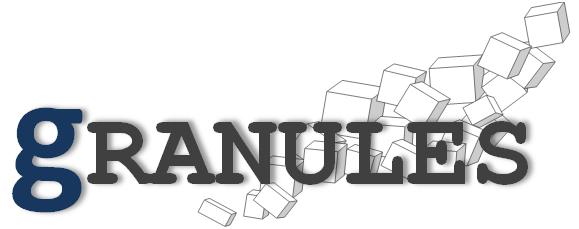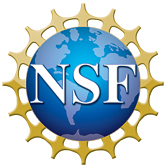


   |
|
| Overview | Documents | API | Software | Contact | HOME | | |
Distributed Real time Processing of Data StreamsGranules supports the processing of data streams over a distributed collection of processing elements. Such streams can be generated in settings involving observational and monitoring equipment, simulations, and computational workflows. Salient features in Granules include support for : |
Project News Granules v3 will be released in March, 2017. |
||
|
|
||
A broad class of compute and data intensive applications can benefit from the capabilities available in Granules. Some of the application domains that Granules is currently deployed in include brain computer interfaces, epidemiological modeling, handwriting recognition, high-dimensional data clustering algorithms, and bio-informatics (mRNA sequencing). More information can be found in this short overview of Granules. Our new system, NEPTUNE, builds on Granules and targets extreme throughputs in continuous sensing environments. Our preliminary benchmarks contrasting the system with Storm shows promise with throughput and latency measurements showing signficant performance improvements over Storm. |
|||
|
© The Granules Project Department of Computer Science Colorado State University |
|
| This research has been supported by funding from the US National Science Foundation's Computer Systems Research Program (CNS-1253908) and the Department of Homeland Security’s Long Range Program. | ||